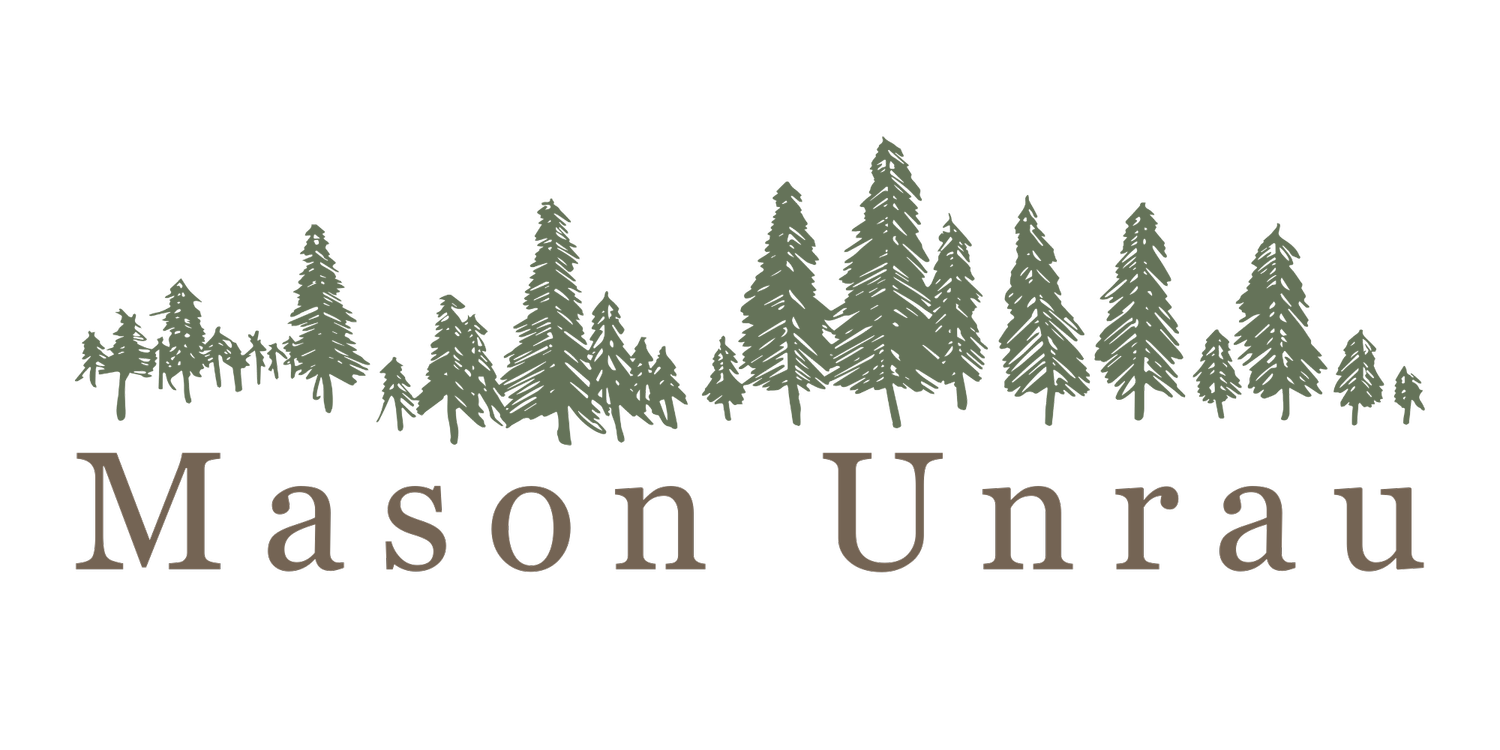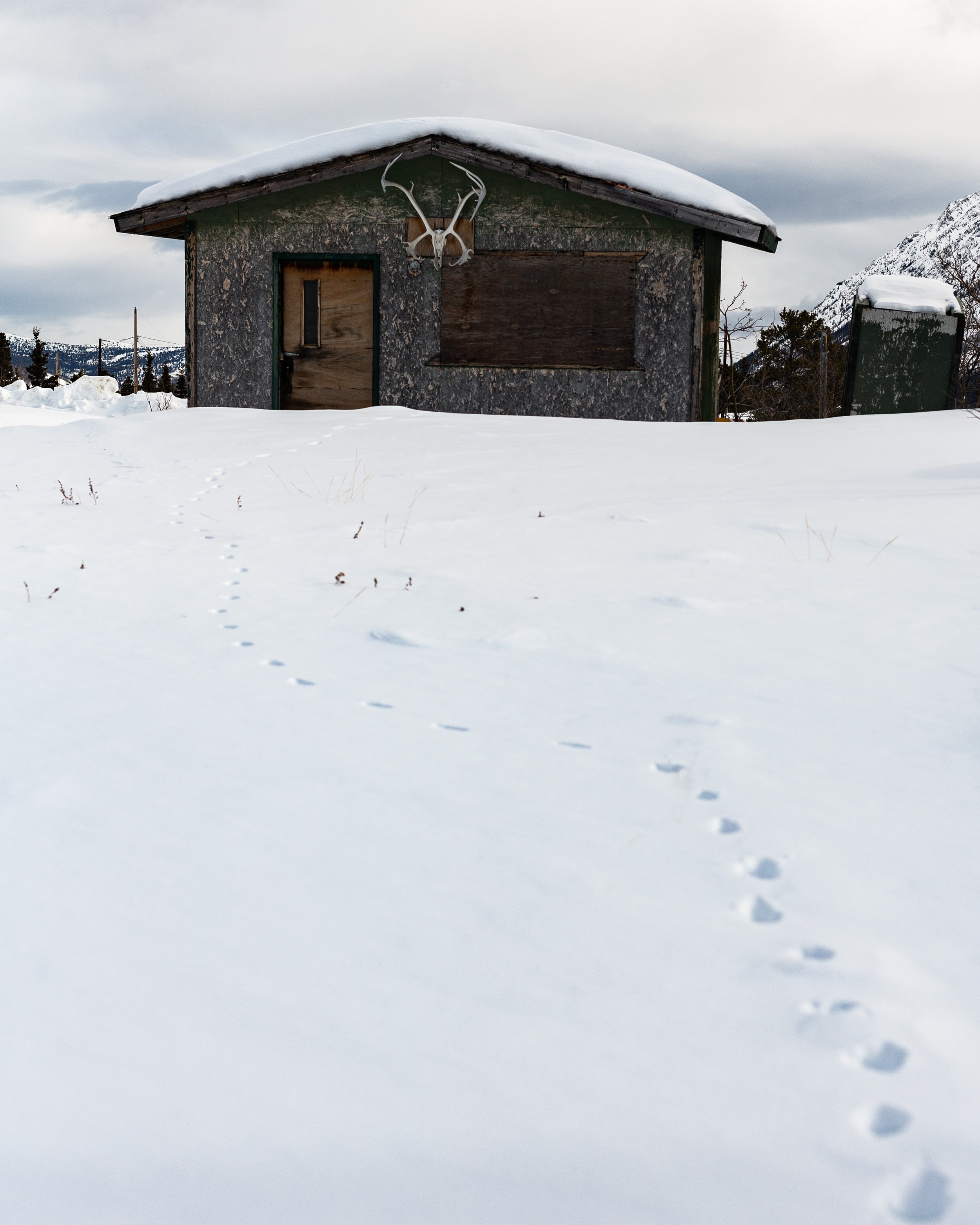Two Weeks to Two Years.
“Violence is the only possible outcome once we lose the ability to have conflict.”
There are a lot of world events occurring right now. Sometimes I write, and it almost feels meaningless because of the weight of everything else happening. This same feeling is what I felt two years ago when the lockdowns began. I recall figuring out how to run outreach programs when human interaction was limited or prohibited in some cases. I remember how I naively thought that after the two weeks were up, life would return, things would open up, and there would be a solution to a virus we didn't understand. Two years since these misconceptions, I am skeptical of any popular narrative propagated by the government and legacy or independent media. We all hold perspectives and understandings of how the world should work; however, our ideals do not often match those around us. It is at this point where we find conflict and division.
I recently had a conversation with my friend, Caleb, about faith and philosophy. I said something that he paused on, and I didn't pick up on it until he pointed it out. I said, "Sometimes our ideals and not always ideal." To accept that statement is a brutal reality to comprehend. The solutions I saw as answers for moving through a global event may not have been fully informed. Or I may have been thinking about things poorly, and my mental state could have contributed to more nihilistic approaches. Numerous influences shaped my ideas, and as a result, they may not have been ideal. One could say the same to the leaders and those who make decisions that impact millions of people. Their ideals are not always ideal, perfect, or even superior to the average person. Going into a lockdown two years ago with the promise that restrictions would be lifted in two weeks is an example of a promised ideal situation, not meeting leaders' ideals.
Violence is the only possible outcome once we lose the ability to have conflict. I was made aware of this paradox by Peter Rollins and think it is an astute observation regarding the events occurring in Canada and globally. I hope we return to a form of loving conflict so that we do not wish or pursue the destruction of others who oppose our paradigms.













